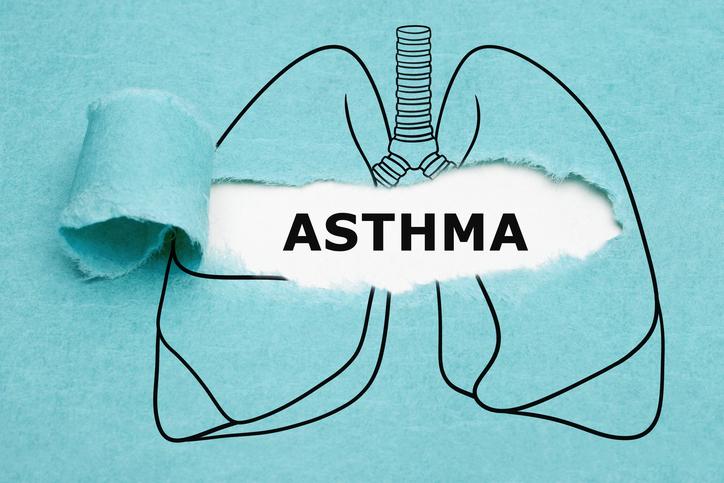
Management of Asthma
Introduction
Asthma is a common condition presenting to primary care. It is associated with reversible airflow obstruction and bronchial hyper-reactivity. The typical symptoms include wheeze, cough, breathlessness and chest tightness. The majority of care is delivered in primary care settings, much of it by practice nurses. It is important that nurses running asthma clinics are adequately trained in asthma management so they can provide appropriately structured care, and are able to recognise which patients need to be referred for specialist care.
These case-based self assessment questions provide an overview of the typical cases that you will encounter in clinical practice. Prepare yourself for the challenge of the questions with the reading list and then complete the 10 questions, reflect on these and obtain your certificate.
Aims and Objectives
On completion of this module, you will have gained a better understanding of:
- The clinical features of asthma and the basic principles of its diagnosis
- Evidence-based management of asthma
- The treatment algorithms for asthma
Contents
- 1.
- 2.
- 3.
Introduction
Asthma is a common condition presenting to primary care. It is associated with reversible airflow obstruction and bronchial hyper-reactivity. The typical symptoms include wheeze, cough, breathlessness and chest tightness. The majority of care is delivered in primary care settings, much of it by practice nurses. It is important that nurses running asthma clinics are adequately trained in asthma management so that they can deliver appropriately structured care, and are able to recognise which patients need to be referred for specialist care.
These case-based self-assessment questions provide an overview of the typical cases encountered in clinical practice. Prepare yourself for the challenge of the questions with the reading list and then complete the 10 questions, reflect on them and obtain your certificate.
Aims and Objectives
On completion of this module you will have gained a better understanding of:
- The clinical features of asthma and the basic principles of diagnosis
- Evidence-based management of asthma
- The treatment algorithms for asthma
Reading List
SIGN/BTS British Guideline on the Management of Asthma
Global strategy for asthma management and prevention.
Corticosteroids for the treatment of chronic asthma in adults and children aged 12 years and over.
Inhaler devices for routine treatment of chronic asthma in older children(5-15).
Inhaler systems (devices) in children under the age of 5 years with chronic asthma.
Asthma UK Inhaler technique videos
Related modules
View all Modules